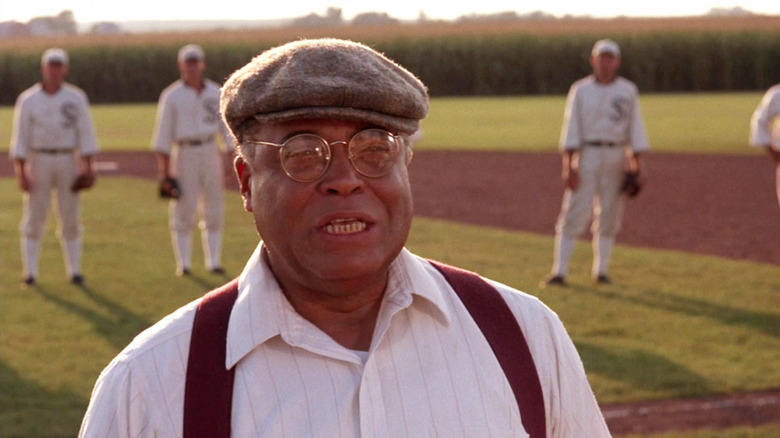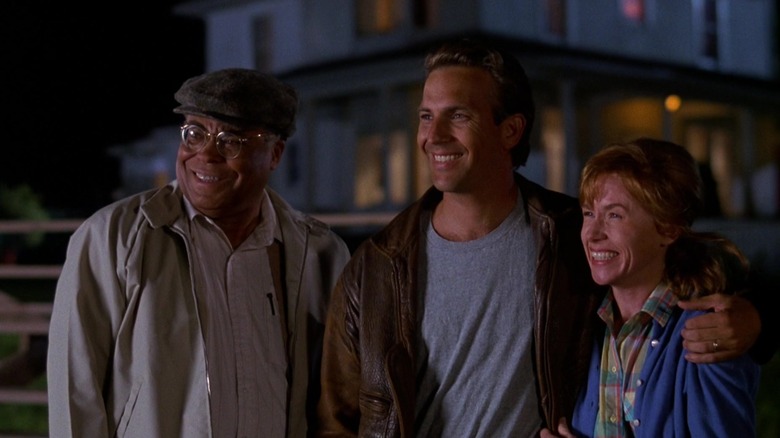
For over 50 years, the late James Earl Jones’ name in the credits of a film was reason enough to devote a couple of hours to a movie. Was it always a satisfying two hours? As someone who sat through “Allan Quatermain and the Lost City of Gold,” “Three Fugitives,” and “Soul Man,” I can confidently say no.
This is more than fine. Jones was a working actor who took the “work” part seriously. As he told journalist Joe Leydon in 1989, “This is my profession. I do need to make a living at it, because I can’t make a living any other way.” So, when you’re not getting offered, say, “The Great White Hope” every time out, you roll up your sleeves and do some time on the sets of “Blood Tide,” “Best of the Best,” and “Excessive Force” with no apologies. Those paychecks keep you afloat while you wait for the next “Star Wars” to plop down on your desk.
And yet, as Jones told Leydon, there were two other reasons for him to make a movie. One was the story. If he believed the script contained a tale worth telling, he would sign on to see what he could make of it with his director and fellow actors. The other was more elusive. “Sometimes, I just see a role that I want to do,” said Jones. And when that connection was strong enough, Jones could find himself being moved to tears — as he was when he made “Field of Dreams.”
Kevin Costner’s opening speech got James Earl Jones all misty
Adapted from W. P. Kinsella’s offbeat novel “Shoeless Joe,” Phil Alden Robinson’s “Field of Dreams” is the kind of movie that shouldn’t work, let alone exist. Kevin Costner was not Mr. Baseball at this point (he’d only starred in the wittily raunchy “Bull Durham” by this point), which meant this was not a home run in the view of studio executives. Robinson had only made the well-liked nostalgia piece “In the Mood,” so the tale of an Iowa farmer who plows under his major crop to build a baseball field that will house the ghost of Shoeless Joe Jackson felt like an ill-advised endeavor (though it’s now evidently grist for the remake mill).
Why, pray tell, did Jones sign on? “The movie insists that you participate with your heart more than your mind,” he explained, “More than your critical facilities.” Jones realized he’d made the right call when he saw the finished film for the first time. Whereas most people don’t start weeping until the film’s powerful final scene, Jones found himself tearing up as Ray Kinsella’s (Costner) opening narration about everything that preceded the moment he first heard the disembodied voice in the cornfield — including his difficult, unresolved relationship with his dead father — began. James Horner’s lovely score proved particularly effective in sweeping him up, but there was something more to this response. “And I didn’t know why,” he said. “I couldn’t explain it to myself. By the time I got to the scenes with my character, I was not objective — I couldn’t tell whether I was doing a good job or not.”
James Earl Jones was, of course, doing a brilliant job because he didn’t know how to do anything else. Indeed, I’m not sure anyone has ever given a more moving speech about the importance of baseball in America than Jones’ Terence Mann. He was a gift of an actor.



Leave a Reply